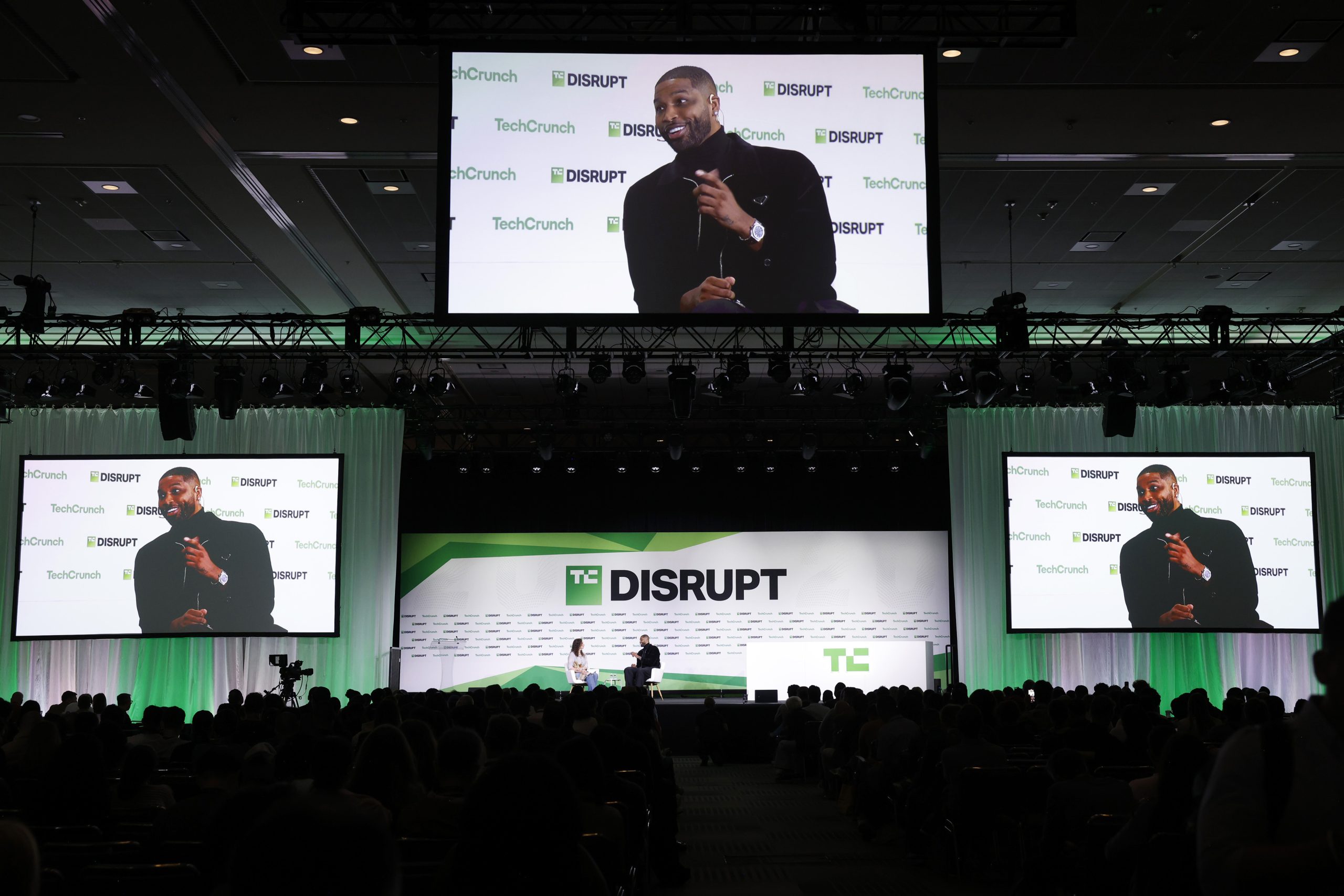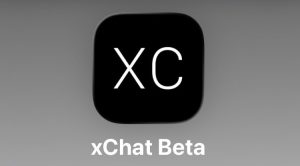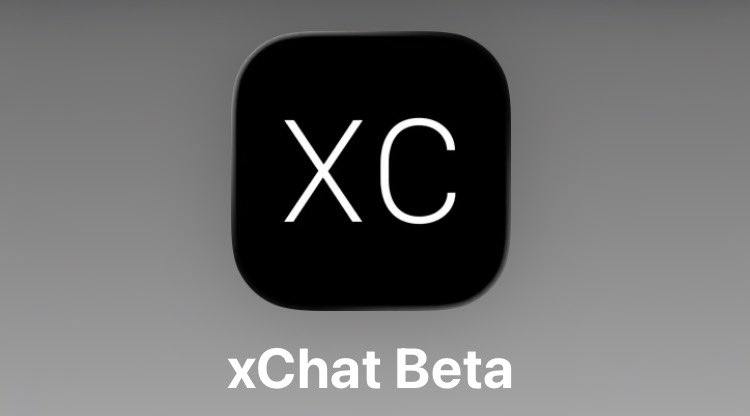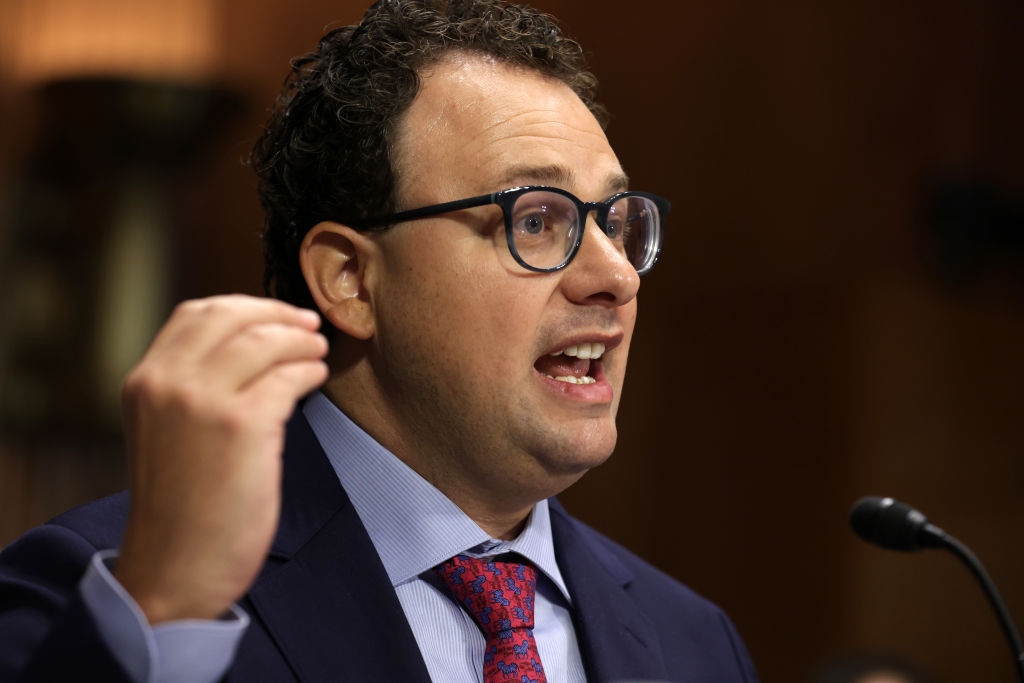
At the recent TechCrunch Disrupt conference, former NBA champion Tristan Thompson announced a groundbreaking collaboration with global telecommunications company World Mobile, signaling the launch of Uplift, an innovative, community-owned mobile network. This new venture aims to democratize internet access by offering unlimited data plans starting at an exceptionally competitive rate of $9.99 per month, a move poised to challenge the traditional, centralized structures dominating the multi-trillion-dollar telecom industry.
A New Paradigm in Connectivity
Uplift distinguishes itself by operating on a foundation of blockchain technology and a Decentralized Physical Infrastructure Network, commonly referred to as DePIN. This architectural choice is not merely a technical detail; it represents a fundamental shift in how mobile networks are built, owned, and operated. Unlike conventional telecom providers that invest heavily in proprietary infrastructure and maintain centralized control, Uplift proposes a model where the network’s expansion and operation are distributed among its users and local partners. Every subscription to Uplift is designed to contribute directly to the growth of neighborhood-level network infrastructure, fostering a sense of collective ownership and responsibility.
The core innovation lies in empowering local hosts, dubbed "AirNode operators," who become integral to the network’s fabric. These operators earn a share of the network’s revenue by providing coverage within their communities, effectively transforming passive consumers into active participants and stakeholders. This distributed model seeks to redistribute the value created by mobile usage, ensuring that economic benefits circulate within the very neighborhoods that power the network, rather than being consolidated by large corporations.
The Technology Behind Uplift
Understanding Uplift requires a brief foray into the underlying technologies: blockchain and DePIN. Blockchain, the distributed ledger technology most famously associated with cryptocurrencies, offers a transparent, immutable, and secure way to record transactions and manage network operations. In the context of Uplift, it likely facilitates the tracking of subscriptions, revenue distribution to AirNode operators, and potentially the governance of the network itself. This inherent transparency can build trust among participants and ensure equitable compensation.
DePIN, on the other hand, refers to the construction and maintenance of physical infrastructure through decentralized, community-driven efforts. Instead of a single entity deploying cell towers and fiber optic cables, a DePIN model encourages individuals and small businesses to host network equipment (like AirNodes) in exchange for rewards. This collaborative approach can significantly reduce capital expenditure for the network provider while rapidly expanding coverage, particularly in areas where traditional infrastructure deployment is economically unfeasible or slow. By leveraging blockchain for coordination and incentives, DePIN projects aim to create robust, resilient, and community-owned utility services. This fusion of Web3 principles with physical infrastructure represents a significant evolution in how essential services like telecommunications can be delivered.
Empowering Local Economies and Bridging the Digital Divide
Thompson articulated his motivation for entering this space with a clear emphasis on social impact. "For me, it’s about, how can I help people that have walked the same life that I walked," Thompson stated, highlighting a personal connection to the issue of digital inequality. He emphasized the goal of providing "connectivity and connection for unlimited data at a way lower cost," aiming to uplift communities, particularly in "inner cities," and instill hope. This mission resonates deeply in a country where access to affordable, reliable internet remains a significant barrier for millions.
The digital divide in the United States is a persistent challenge, characterized by disparities in internet access based on socioeconomic status, geographic location (urban vs. rural), and demographic factors. According to various reports, tens of millions of Americans still lack adequate broadband access, hindering educational opportunities, economic participation, and access to essential services like telemedicine. For those at or near the poverty line—a demographic World Mobile notes includes over 50 million Americans—the cost of high-speed data plans from major carriers can be prohibitive, exacerbating existing inequalities. Uplift’s strategy directly targets this affordability gap, aiming to make high-speed mobile data a fundamental right, not a luxury. By decentralizing network ownership and revenue, the initiative also seeks to create micro-economic opportunities, fostering a new class of digital entrepreneurs within underserved communities.
Thompson’s Vision Beyond the Court
Tristan Thompson’s foray into telecommunications is not an isolated venture but rather a continuation of his growing portfolio in the technology and social impact sectors. While widely celebrated for his pivotal role in the Cleveland Cavaliers’ 2016 NBA championship, Thompson has increasingly dedicated his post-basketball career to innovation and inclusion. He holds four C-suite positions across the Web3 and fintech landscapes, demonstrating a profound commitment to leveraging emerging technologies for societal good.
As the Chief Digital Equity Officer at World Mobile, Thompson’s role extends beyond mere endorsement; it involves active participation in shaping the company’s mission to ensure equitable access to digital resources. His other notable roles include Chief Advisory Officer at AxonDAO, an AI-powered medical research platform inspired by his brother’s battle with epilepsy, underscoring a personal connection to using technology for health advancements. Furthermore, he is a co-founder of Basketball Fun, a Web3 platform that tokenizes NBA players, and the Chief Content Officer at Tracy AI, an AI platform dedicated to real-time sports analytics. These diverse engagements showcase a strategic pivot from athletic stardom to a multifaceted entrepreneur and advocate, with a consistent thread of innovation and community betterment running through his ventures.
Pilot Successes and Future Rollout
World Mobile asserts that its community-owned network model is not merely theoretical but has been rigorously tested and proven scalable. A significant pilot program in Reno, Nevada, demonstrated the model’s viability, where local hosts operating AirNodes collectively earned over $10,000 annually by extending coverage to previously underserved areas. This success highlights the potential for the Uplift model to create tangible economic benefits for local participants while simultaneously expanding network access.
Beyond routine operations, the robustness of World Mobile’s infrastructure was put to a critical test during a severe hurricane that impacted North Carolina and Asheville. When established providers, including Starlink, reportedly struggled to restore connectivity, World Mobile’s agile and decentralized approach proved effective. Thompson recounted how the World Mobile team deployed personnel via helicopters to reach affected zones, successfully re-establishing vital communication links in Asheville. These real-world demonstrations of resilience and effectiveness lend significant credibility to Uplift’s ambitious plans.
The initial rollout of Uplift is slated to begin in Cleveland, Ohio, a city with which Thompson shares a deep connection from his championship-winning years. Following its launch in Cleveland, the network is scheduled to expand to additional cities throughout 2026, gradually extending its reach across the nation. This phased approach allows for continuous refinement of the model and adaptation to the unique needs of different communities.
Challenges and the Road Ahead
While the vision for Uplift is compelling, the path to widespread adoption and sustained success will likely present several challenges. The decentralized nature of DePIN, while offering significant advantages, also introduces complexities related to quality control, security, and consistent service delivery across a diverse network of individual operators. Maintaining uniform standards and ensuring a seamless user experience will be paramount.
Furthermore, the telecommunications landscape is dominated by deeply entrenched incumbents with vast resources and established infrastructure. Uplift will need to navigate a competitive market, differentiate its service beyond just price, and build significant trust among potential users and AirNode operators. Regulatory hurdles, spectrum allocation, and compliance with various telecommunications laws also present a complex environment for a disruptive new player. The scalability of the AirNode operator model, particularly in densely populated urban areas, will be critical, requiring efficient deployment and a robust incentive structure to attract and retain participants.
Broader Implications
Uplift’s launch, spearheaded by a recognizable figure like Tristan Thompson, could signify a broader cultural and market shift in how essential services are perceived and delivered. It taps into a growing desire for more equitable and community-centric models, challenging the long-held notion that large, centralized corporations are the sole providers of critical infrastructure. If successful, Uplift could inspire similar decentralized initiatives in other sectors, from energy grids to data storage, fostering a new era of localized, community-driven utilities.
The initiative’s potential goes beyond merely offering cheaper internet; it aims to redistribute economic power, empower local entrepreneurs, and significantly contribute to closing the digital divide. By focusing on keeping "wealth generated by mobile usage in the neighborhoods that create it," Uplift positions itself not just as a mobile network but as a social enterprise striving for digital equity and economic empowerment. The coming years will reveal whether this blockchain-powered, community-owned model can indeed revolutionize mobile access and create a more connected and equitable future.







